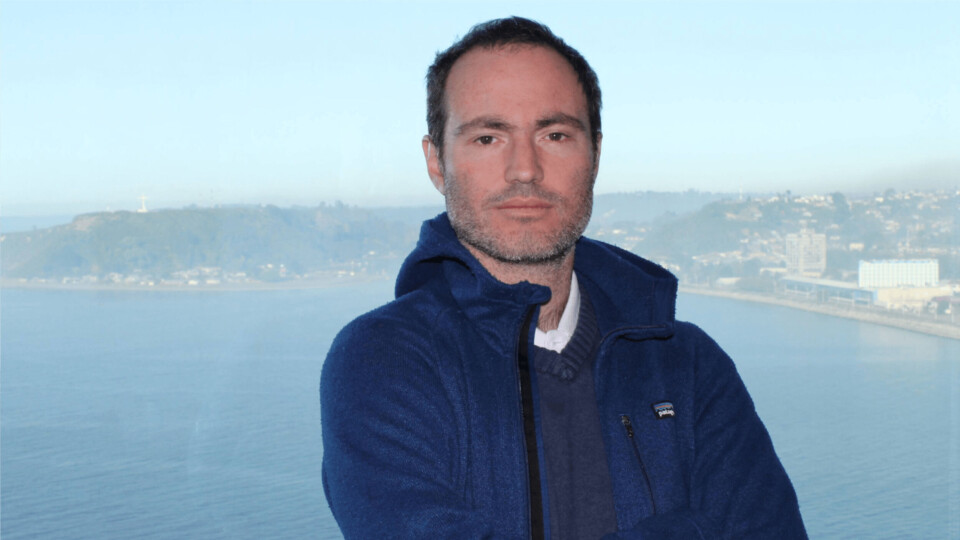
Chilean salmon farmer names ex-Stirling student as sustainability boss
A former PhD student at Stirling University’s Institute of Aquaculture has been appointed as the technical and sustainability manager with Salmones Camanchaca in Chile.
Alfredo Tello’s job is one of two newly created roles designed to ensure the salmon farmer’s sustainability and social acceptance.
The other new position, head of corporate affairs and territorial relations, has been filled by a psychologist, Tomás Catalán.

‘Talents of proven skills’
Camanchaca chief executive Ricardo García stressed that in the current era “businesses only last in the long term if there is a responsible attention and management on the environment and relations with neighbouring communities, so the new structure of Salmon Camanchaca is intended to better organise us to comply fully with that requirement, assigning talents of proven skills”.
Salmon division director Manuel Arriagada said that the company seeks to develop with the highest standards and build relationships of trust with the community and society in general.
“For this reason, after six years of implementation of the Camanchaca Amiga program, we have decided to create the technical and sustainability management role, which allows us to continue advancing and deepening the joint work with our neighbours, the authorities, NGOs and other groups, and adds to continuous improvements in the production process to minimise the impact on the environment,” said Arriagada.
Risk assessment
Tello, who was previously technical manager of Salmones Camanchaca for a year, is an expert in risk assessment and environmental impact in aquaculture. A biologist, he has a degree in Natural Resources Management from the Catholic University of Temuco (UCT) and earned a PhD in Sustainable Aquaculture at Stirling in Scotland.
Catalán, who is an external appointment, has experience in territorial relations, work with communities, citizen participation and conservation areas. He is a psychologist at the Pontificia Universidad Católica de Chile and has carried out studies in decentralisation and regional development, management of social programs and public policies.






















































